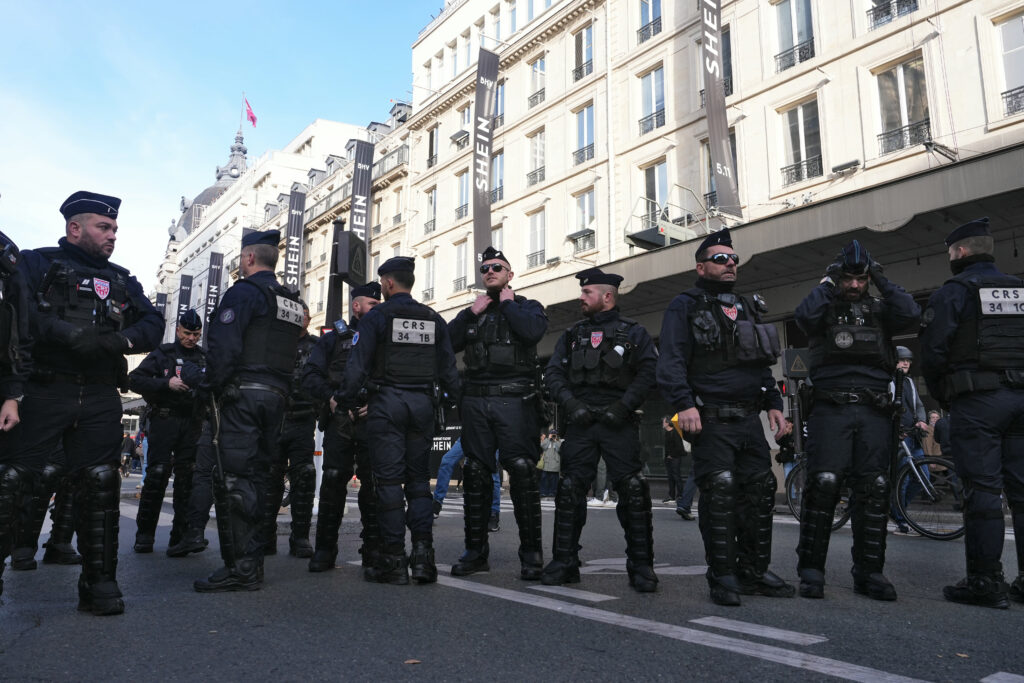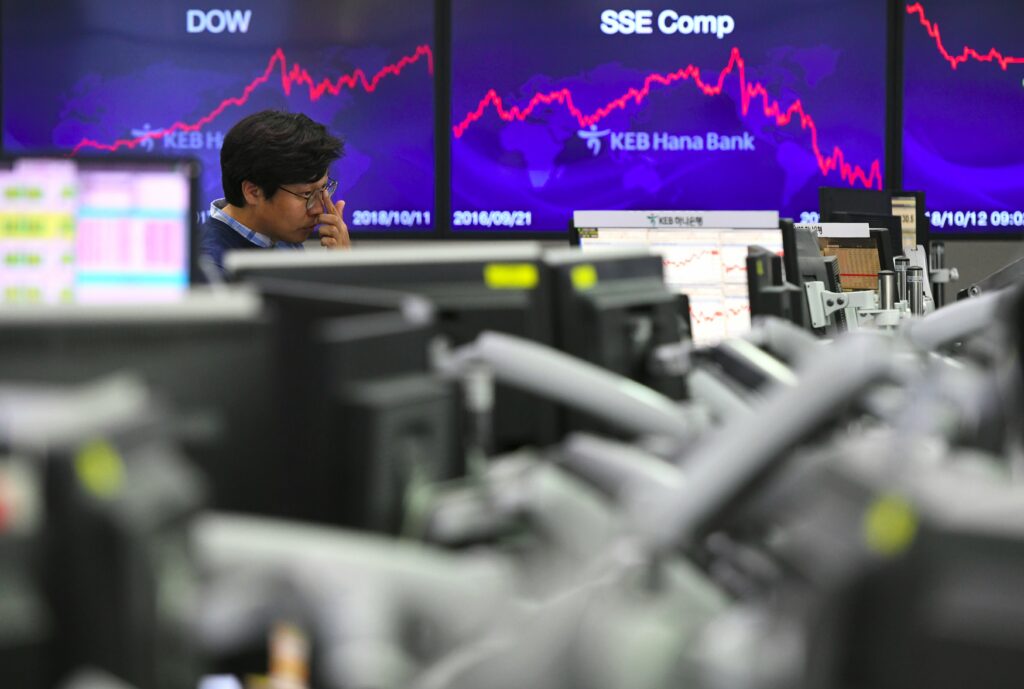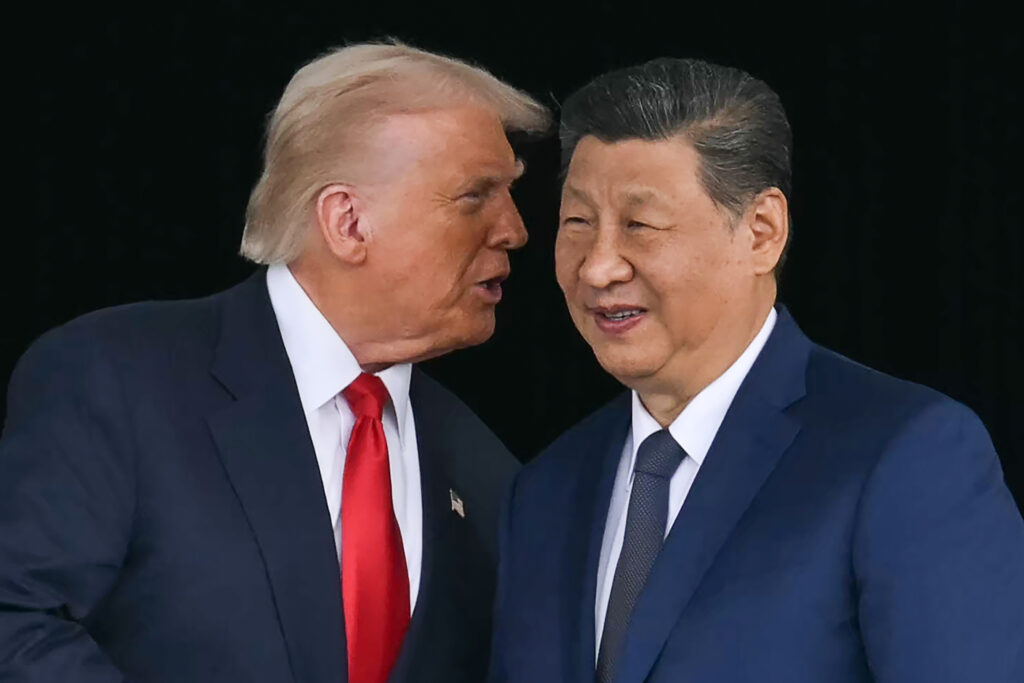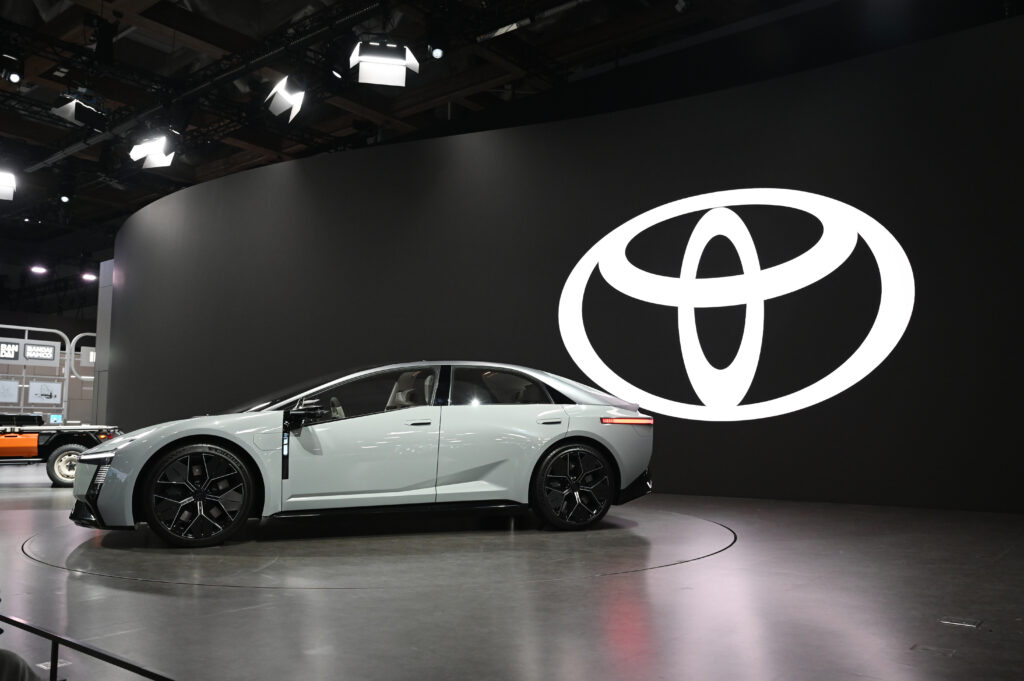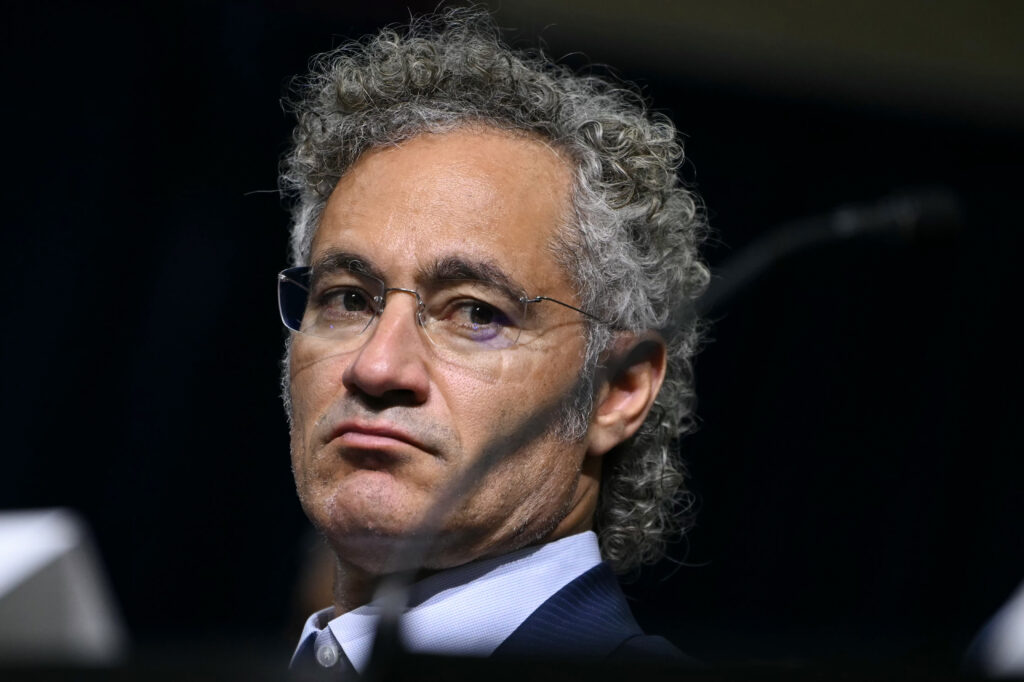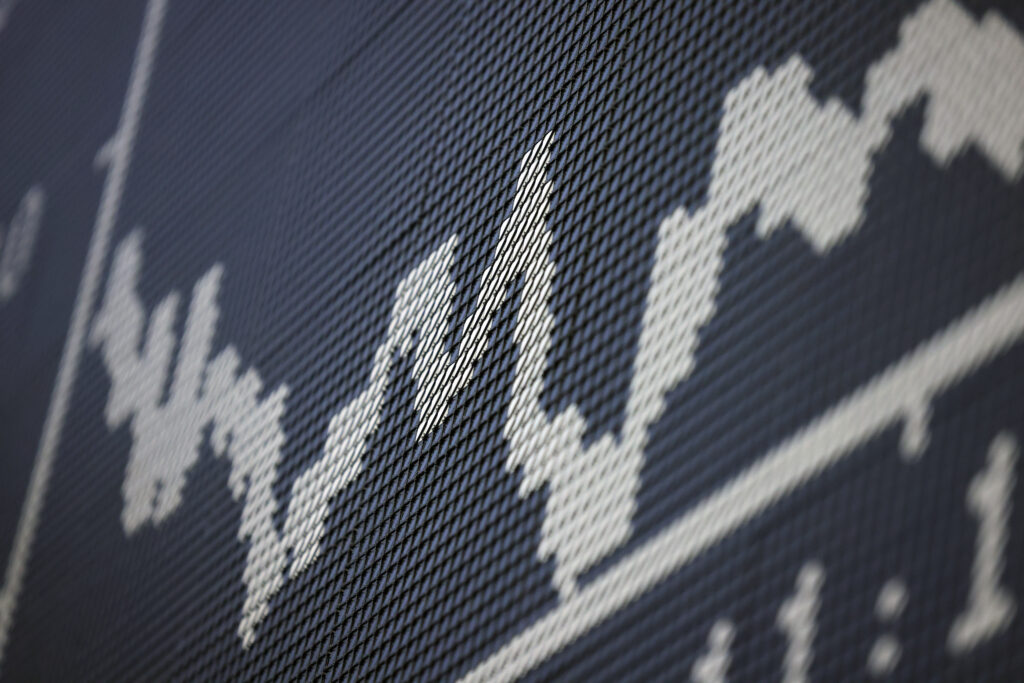Wall Street stocks rise after positive jobs data
Wall Street stocks pushed higher on Wednesday after better-than-expected jobs data soothed concerns about the US economy.However Asia’s main markets fell sharply, as did Wall Street’s tech-heavy Nasdaq Composite index on Tuesday, on fears of an AI bubble following a rally that has propelled valuations to record highs.US private sector employment jumped 42,000 in October, ADP said, rebounding from a loss of 29,000 jobs in September, nearly double the amount forecasted by economists surveyed by Dow Jones Newswires and The Wall Street Journal.The ADP figures are likely to attract renewed attention as it is one of the few economic indicators released in recent weeks and will feed into investors’ perceptions of whether the US Federal Reserve will cut interest rates again in December.Wall Street’s main indices opened broadly flat, but the S&P 500 and Nasdaq Composite both pushed higher in morning trading.”Once more the wall of buying has come in to take advantage of this latest dip,” said Chris Beauchamp, chief market analyst at investing and trading platform IG.Global stock markets have soared this year as an eye-watering flood of cash piled into companies linked to artificial intelligence, including US tech titans Nvidia, Amazon and Apple as well as Asian firms Samsung and Alibaba.But despite recent strong earnings, traders have questioned the wisdom of chasing ever-higher prices, with cash mostly funnelled into a handful of big-name companies.However this year’s rally to record high prices has seen investors swarming in to buy any dips in share prices.On Wednesday, shares in the so-called Magnificent Seven tech stocks turned in mixed performances. Microsoft shed one percent, with Amazon and Apple hit by smaller dips.However, shares in AI chipmaker Nvidia, Google’s parent company Alphabet, and Facebook-parent Meta all rose more than one percent.”In early trading during the US session the US tech sector does not look like it is on the cusp of bursting,” said Kathleen Brooks, research director at XTB, downplaying concerns about a bubble.While high stock valuations are a concern for some companies, she noted that Amazon, Meta and Nvidia have price to earnings ratios lower than their 10-year averages.Investors look to a company’s share price compared to its earnings per share to gauge a stock’s value, with high price to earnings ratios an indication a stock is overvalued.Sentiment was hit also by the US government shutdown, which Wednesday became the longest ever, topping the 35-day record set during President Donald Trump’s first term in office. His administration warned of holiday air-travel chaos and threatened Americans’ benefits in a bid to force a resolution.A total 1.4 million federal workers, from air-traffic controllers to park wardens, are on enforced leave or working without pay. “As well as valuation fears, the US is grappling with a nation in shutdown,” noted Emma Wall, chief investment strategist at Hargreaves Lansdown.”The US is nearing peak travel period, with Thanksgiving later this month. Listed airlines are likely to see share prices fall should flights be cancelled en masse.”But the US jobs data and a survey showing a return to growth in the services sector in October helped dispel concerns the government shutdown was having a large impact on the economy.- Key figures at around 1630 GMT -New York – Dow: UP 0.1 at 47,135.39 pointsNew York – S&P 500: UP 0.5 percent at 6,804.07New York – Nasdaq Composite: UP 0.8 percent at 23,534.32London – FTSE 100: UP 0.6 percent at 9,777.08 Paris – CAC 40: UP less than 0.1 percent at 8,074.23Frankfurt – DAX: UP 0.4 percent at 24,049.74Tokyo – Nikkei 225: DOWN 2.5 percent at 50,212.27 (close)Hong Kong – Hang Seng Index: DOWN 0.1 percent at 25,935.41 (close)Shanghai – Composite: UP 0.2 percent at 3,969.25 (close)Euro/dollar: DOWN at $1.178 from $1.1479 on TuesdayPound/dollar: UP at $1.3040 from $1.3019Dollar/yen: UP at 154.25 yen from 153.66 yenEuro/pound: DOWN at 88.03 pence from 88.17 penceBrent North Sea Crude: UP 0.1 percent at $64.50 per barrelWest Texas Intermediate: UP 0.1 percent at $60.62 per barrelburs-rl/tw

